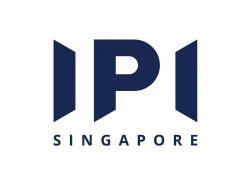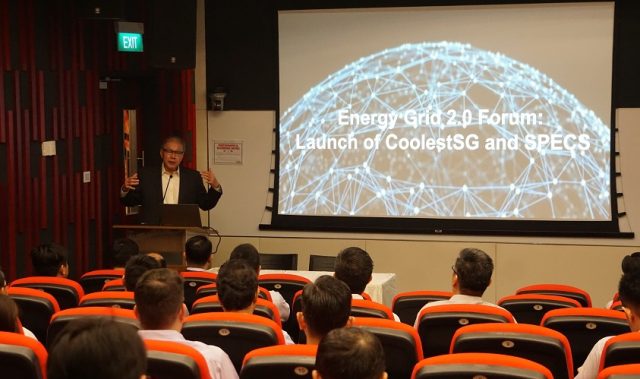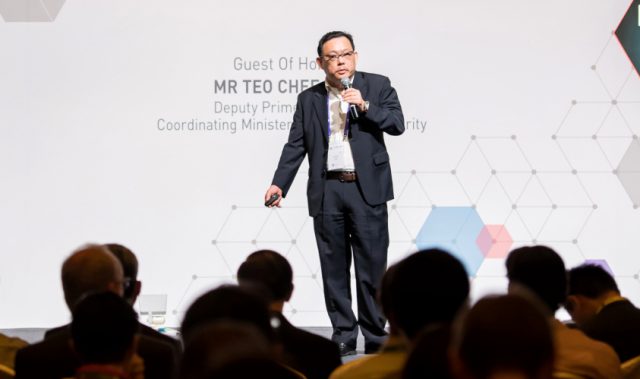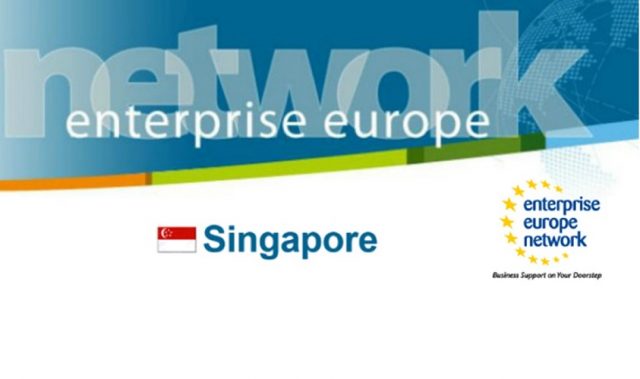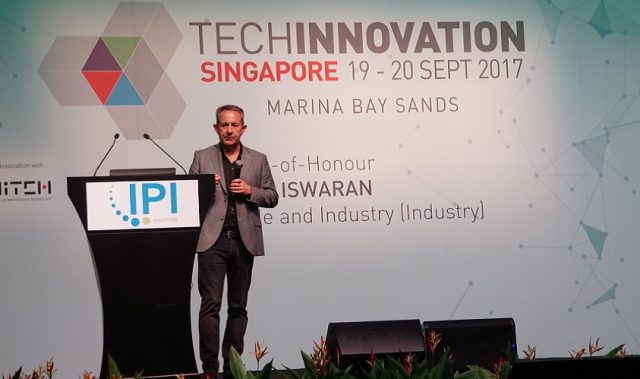
AsianScientist (Jan. 4, 2019) – The path of innovation is often fraught with uncertainty. How do I go from prototype to product? What regulatory barriers need to be surmounted before a new product can be brought to the market? What constitutes an ideal product development strategy? These questions have no straightforward answers, but individuals who have successfully navigated the complex landscape of technology commercialisation can serve as beacons of clarity to newer entrants seeking to find their footing in an industry.
IPI has thus established its TechExpert platform, which allows firms seeking industry-specific advice to connect with technical experts from various sectors. One such expert is Liew Ee Bin, Founder of Singapore-based medical technology (medtech) consultancy firm Access-2-Healthcare, who is keen to help small and medium medical device firms bring their products to the market more quickly.
Knowledge is power
“The medtech sector is different from other industries because the safety and efficacy of a device is given higher priority than its cost. Healthcare also involves government policies and reimbursement or insurance, which again impacts the way devices are used. All of these must be addressed at the start of an innovation project, not at the end,” said Liew.
Yet, many inventors hoping to break into the medtech space may not be aware of what it takes to succeed. For example, Jane Wang, Co-Founder and CEO of medical device firm Roceso Technologies, recalls the challenge of having to figure out the stringent regulations on medical device design, risk management, verification and validation when she first started out in the medtech industry.
“I wish I could have been trained on the various aspects of medtech commercialisation before I started my business,” she said. “External experts are very important because the founders cannot know everything. We were lucky to have received help from mentors from the universities, hospitals and accelerator programmes, among other organisations.”
Banking on validated expertise
Lucky or not, practical advice based on experience is highly sought after in the medtech arena, which is where IPI’s TechExpert platform comes in. Consultants such as Liew are validated by IPI and have a minimum of ten years of experience in at least one of five practical domains: product design and development, prototype building, testing and verification, industrial engineering and regulatory compliance. The expert must also have been engaged in at least one industry project related to his or her area(s) of expertise in the last 12 months.
“Throughout my professional career, I have been involved in the design, development, commercialisation and quality assurance of medtech innovations, which range from sterile implants to software, wearables to large imaging equipment and in vitro diagnostics,” said Liew, who also brings with him a network of contacts in government organisations, companies and funding agencies around the world.
Such networks can be vital for a fledgling medtech company.
“It can be difficult to identify a suitable product development partner and contract manufacturer in Singapore, especially when it comes to medical devices that need to clear a higher regulatory threshold,” Wang noted. “Hence, IPI’s TechExpert platform can be a very helpful tool to connect us with potential collaborators and consultants.”
A broader perspective
With a longitudinal view of their respective industries, TechExperts are also adept at identifying innovation trends which could become opportunities for business growth. For the medtech industry, Liew sees great potential in technologies such as additive manufacturing, liquid sensors, micro-robotics and blockchain.
The use of machine learning algorithms is also augmenting the field of diagnostics, though Liew cautions that there are potential downsides.
“While there are clear benefits in terms of the efficiency, productivity and reliability of these solutions, stakeholders in the healthcare sector should be aware that such technologies could inadvertently increase clinician workload. In addition, issues such as accountability for patient outcomes when software ‘gets it wrong’ need to be addressed,” he said.
Taking an ecosystem-level view of the healthcare sector, Liew emphasised that regulatory frameworks, medtech assessment methods and reimbursement strategies also need to keep pace with innovation. Connecting the dots among these dynamic variables is what he hopes to do for the medtech community.
“Via IPI’s TechExpert platform, I look forward to sharing my expertise with those seeking to make an impact in healthcare, helping them clear their doubts and overcome their capacity challenges. Together, we can help provide better access to healthcare,” he said.
“I am excited to build up new partnerships through TechExpert platform,” Wang added. “I believe this platform will accelerate the development of entrepreneurship in Singapore.”
Visit IPI’s TechExpert platform if you would like to engage an expert or be part of the technical expert community today.
Asian Scientist Magazine is a content partner of IPI.
———
Read the original article here. Copyright: IPI. Photo: Shutterstock.
Disclaimer: This article does not necessarily reflect the views of AsianScientist or its staff.



